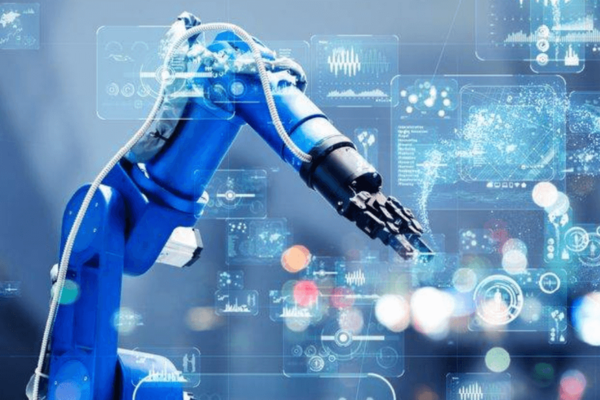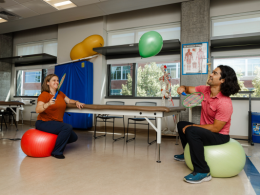Artificial intelligence (AI) is changing the face of pharmaceutical manufacturing; it’s unfolding as a steady, behind-the-scenes revolution. In an industry that demands absolute precision, consistency, and regulatory compliance, AI is becoming a necessity.
From formulation to final packaging, the pharmaceutical production process is riddled with variables. Raw material quality can fluctuate, environmental factors must be closely monitored, and human error remains a persistent concern.
AI meets these challenges head-on by bringing predictability to unpredictable systems. It doesn’t replace the human element — it augments it, offering manufacturers a sharper lens for decision-making and a steadier hand in execution.
Streamlining Operations Through Intelligent Learning
What sets AI apart from traditional automation is its adaptability. Rather than relying on static programming, AI systems evolve through data. Machine learning models continuously improve as they encounter new inputs, enabling pharmaceutical environments to become more responsive over time.
This ability to “learn” is particularly impactful in areas like process optimization and predictive maintenance. When machinery starts to show subtle signs of wear, AI can detect those signals early — and prompt intervention.
Likewise, when production lines drift from optimal settings, AI algorithms can recalibrate parameters in real time. These insights minimize downtime, improve batch consistency, and reduce waste.
Beyond the factory floor, AI also supports supply chain resilience. By analyzing historical and real-time data, AI platforms can forecast demand shifts, anticipate inventory shortages, and help navigate global logistics challenges.
These capabilities were once considered aspirational. Now, they are integrated into the daily operations of forward-thinking manufacturers.
A Bridge Between Compliance and Innovation
Pharmaceutical manufacturers operate in a space where innovation and oversight are inseparable. Regulations are strict and for good reason. But navigating that regulatory landscape is often a source of friction for companies trying to modernize.
AI offers a bridge between compliance and innovation. Tools like natural language processing (NLP) help teams quickly analyze complex regulatory documents, while advanced data logging ensures traceability across all stages of production.
These capabilities make it easier for manufacturers to implement new technologies while maintaining a strong compliance posture.
As AI continues to mature, its role in pharmaceutical manufacturing will only grow more integrated. It’s not about chasing trends: It’s about building a better, more reliable foundation for the future of medicine.
For additional insight into how AI is redefining standards in pharmaceutical production, explore the visual guide accompanying this article from Advanced Technology Services, provider of MRO asset management.









